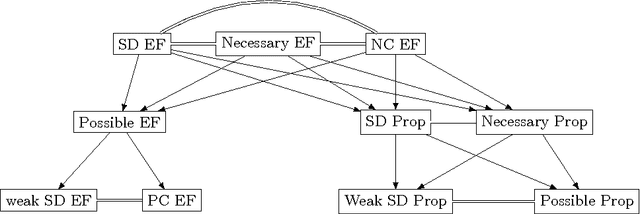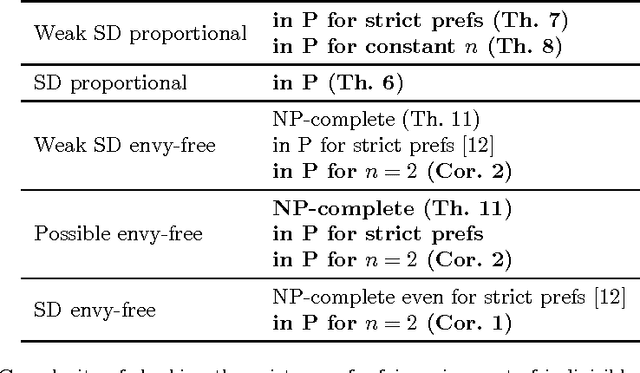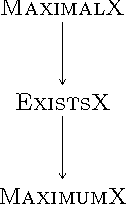Fair assignment of indivisible objects under ordinal preferences
Paper and Code
Jun 17, 2015



We consider the discrete assignment problem in which agents express ordinal preferences over objects and these objects are allocated to the agents in a fair manner. We use the stochastic dominance relation between fractional or randomized allocations to systematically define varying notions of proportionality and envy-freeness for discrete assignments. The computational complexity of checking whether a fair assignment exists is studied for these fairness notions. We also characterize the conditions under which a fair assignment is guaranteed to exist. For a number of fairness concepts, polynomial-time algorithms are presented to check whether a fair assignment exists. Our algorithmic results also extend to the case of unequal entitlements of agents. Our NP-hardness result, which holds for several variants of envy-freeness, answers an open question posed by Bouveret, Endriss, and Lang (ECAI 2010). We also propose fairness concepts that always suggest a non-empty set of assignments with meaningful fairness properties. Among these concepts, optimal proportionality and optimal weak proportionality appear to be desirable fairness concepts.
 Add to Chrome
Add to Chrome Add to Firefox
Add to Firefox Add to Edge
Add to Edge